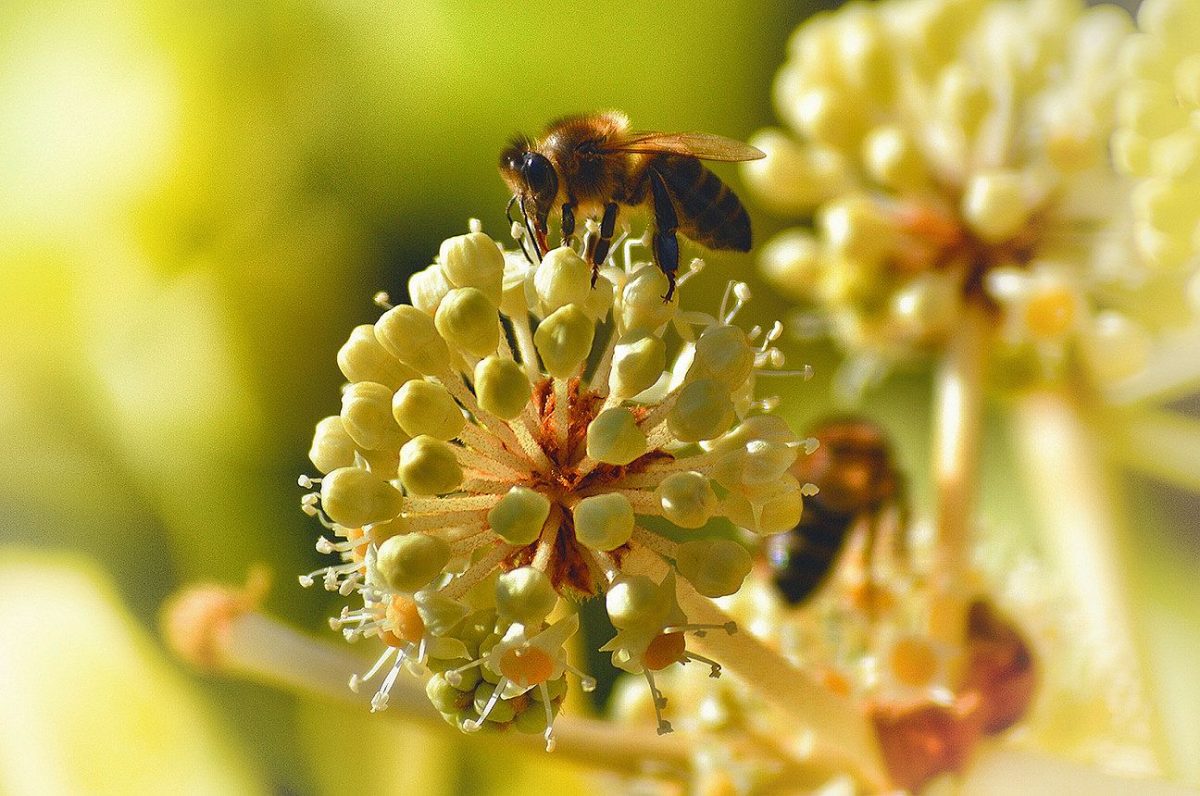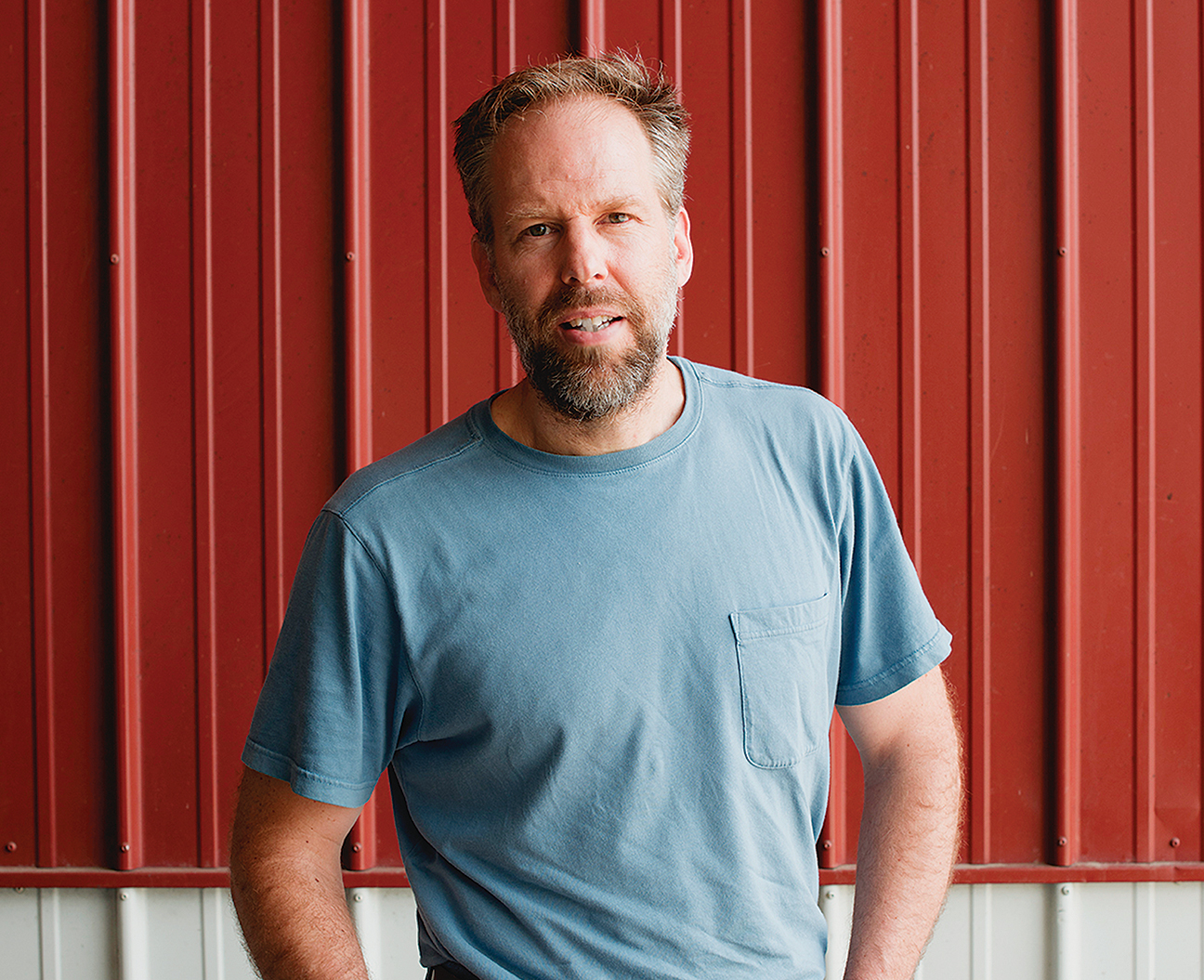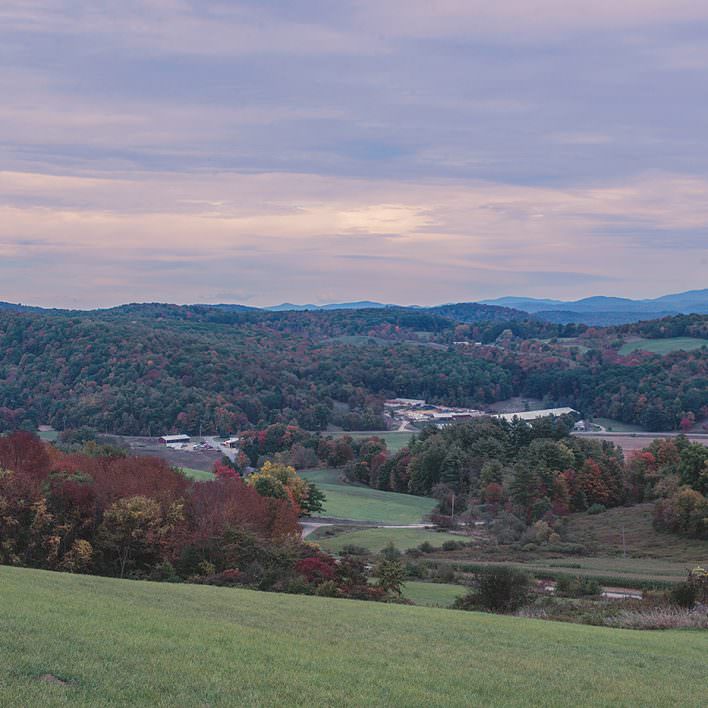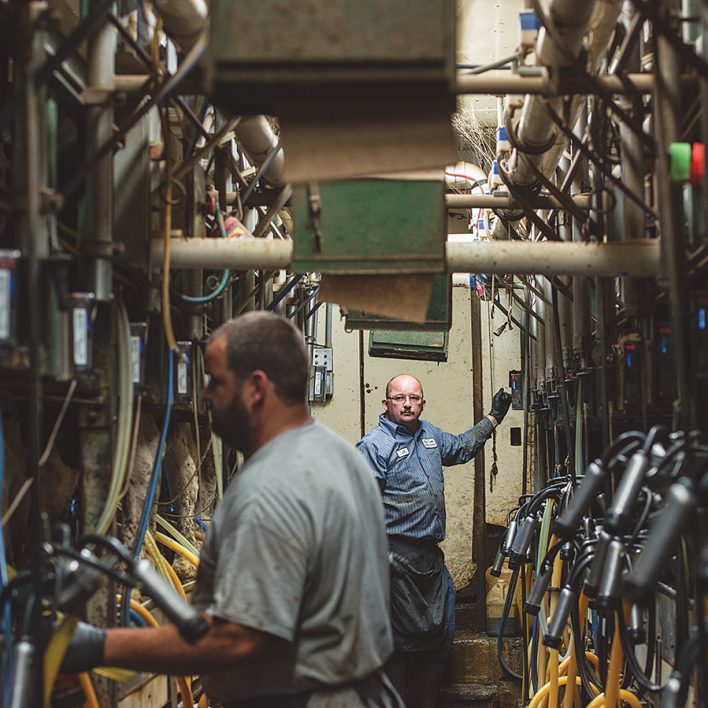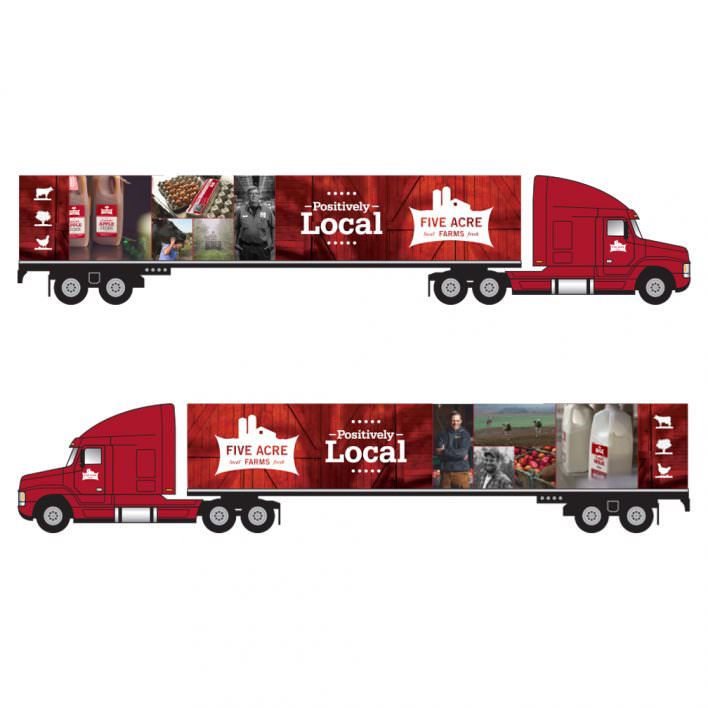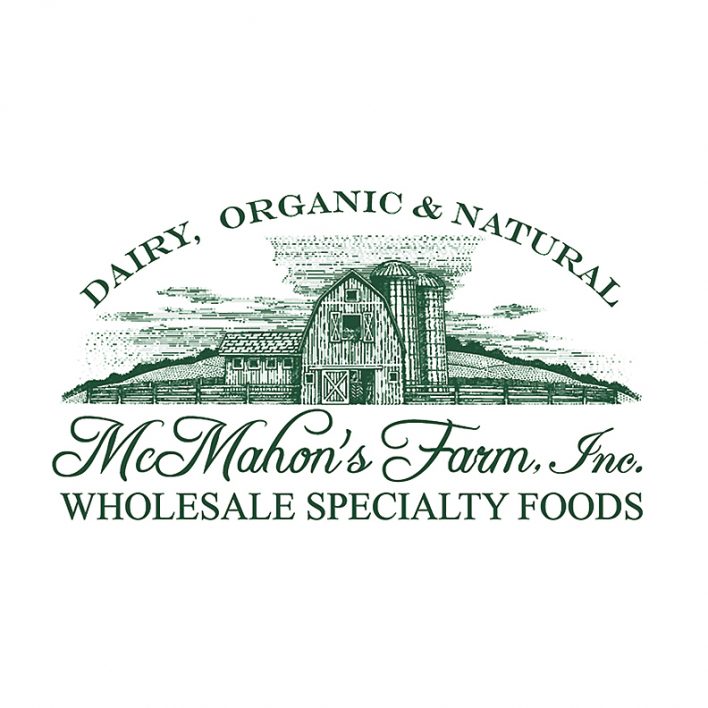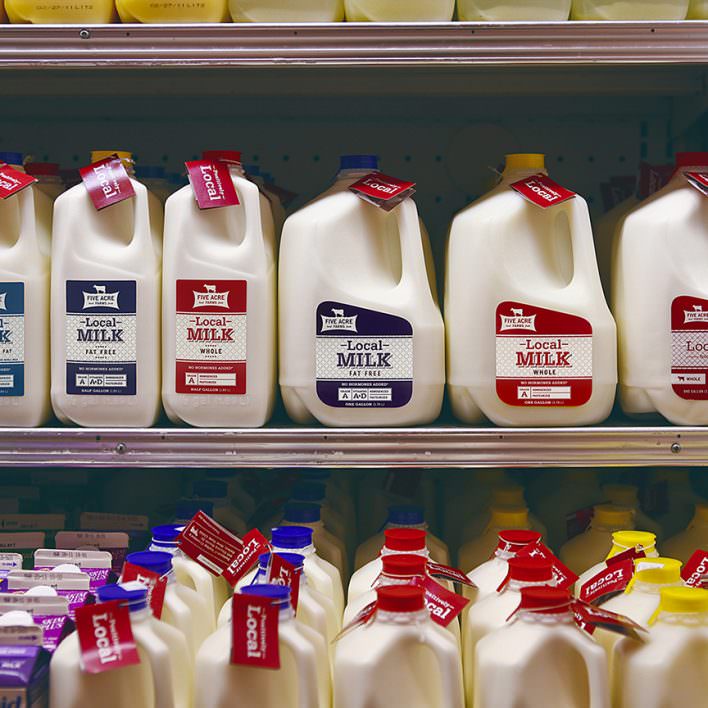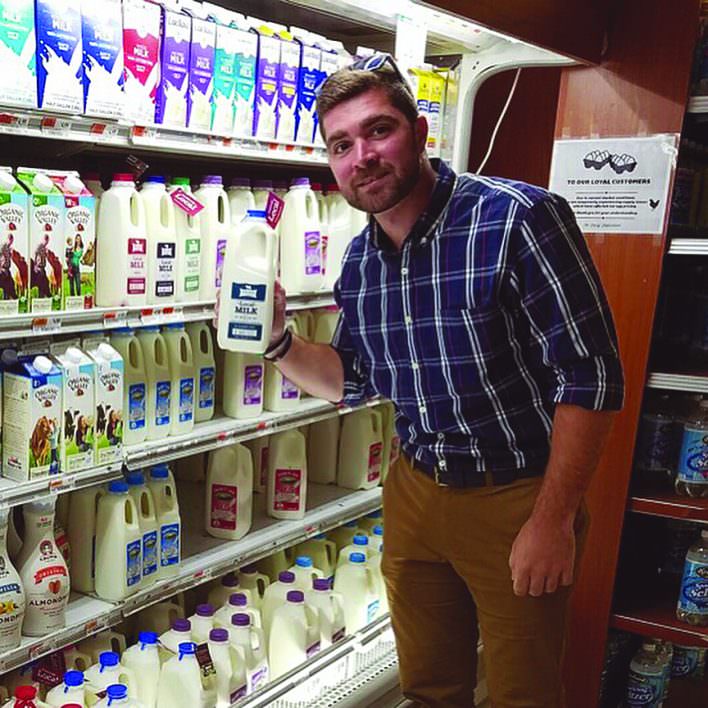It’s mid-summer. Let me use this post to update you on some of the goings-on in Local Food in the Northeast. The growing season is in full swing. Vegetable gardens are full. A hot June should bring early eggplant, tomatoes, and summer squashes by mid-July, but put pressure on salad greens grown outside. After an okay first cutting, the June heat took its toll on hay and the second cutting isn’t promising. We just haven’t had a lot of rain. If sweet corn hasn’t been irrigated, the lack of rain will negatively impact this, too. Blueberries have come up on the east coast and are still around. The fruit set (how many and in what condition) on apples for the fall looks fine – nothing special but reasonable. We need rain.
Dairy farming has suffered. Schools and cafes are a large source of milk consumption. SBA, PPP, and state-funded buying programs delivering food to those in need have helped, but the fluid milk market is not strong. Large Coops have instituted mandatory reductions in the production of milk. This should help all farms, though who knows how much. Forward-looking pricing for milk has jackknifed down and then back up so it’s hard to get a read on where the market is headed. The egg market remains unsettled, but small egg producers continue to proliferate. The public is learning to distinguish a good egg. This is great news for local food.
With the pandemic changing all our food habits, home deliveries, CSA’s, and farm stands have flourished. While these three outlets only touch a fraction of the population in terms of sales and volume, they are harbingers of a continued trend towards the general public wanting to have closer contact with their food sources. Large supermarkets are responding in kind as Local food continues to bring customers. Store managers listen to requests.
Keep asking for local products!
Ironically, this is happening in tandem with a comeback by old established “center aisle” products from Proctor and Gamble, Nestle, and Hershey’s that share virtually none of the nutritional or transparency qualities of the former, though they do provide the comfort of familiarity.
The success of two opposite food trends shows not only the divided American palate but also how health, nutrition, convenience, transparency, comfort, and convenience all vie for our food dollars.
Go Local!
